The biggest chess tournament of the summer is right around the corner in the FIDE World Cup 2023, and yes, it will feature Magnus Carlsen and Hikaru Nakamura among other super-grandmasters. Three spots in the 2024 Candidates Tournament are on the line, and the knockout format is guaranteed to produce a lot of heartbreak and excitement.
Here’s everything you need to know about the 2023 Chess World Cup.
Chess World Cup 2023: Format and schedule
Chess World Cup 2023 location and format
Set to take place in Baku, Azerbaijan, between July 30 and Aug. 24, the 2023 Chess World Cup consists of a massive knockout bracket featuring some of the best and brightest players in the world. With eight rounds to get through in a single-elimination format, anything is possible—but to make things just a little bit more stable, the top 50 seeds are given a bye in the first round meaning they immediately progress without having to play a match.
The top three players will earn themselves a spot at the 2024 Candidates Tournament, with the semifinal losers playing out a decider match between themselves to lock in that final spot.
Each match consists of two classical time control games, with 90 minutes to start, plus 30 seconds added per move, with 30 minutes of bonus time added after move 40. If the match is tied after the two classical games, then play continues on the third day with faster time controls: two 10+10 rapid games, then, if needed, two 5+3 blitz games, then a single 3+2 blitz game (replayed again as needed until a decisive result occurs) will settle the match.
Chess World Cup 2023 schedule
The detailed Chess World Cup tournament schedule is as follows:
- Rounds 1-3: July 30 to Aug. 4
- Rounds 4-6: Aug. 9 to 17
- Rounds 7-8: Aug. 19 to 27
The players are competing for more than just their share of the massive $1.834 million prize pool: the top three finishers will earn themselves a priceless spot in the 2024 Candidates Tournament—and with it, a chance to become the next world championship challenger.
The latest winner and current title holder of the Chess World Cup is Jan-Krzysztof Duda, who won the 2021 event without losing a single game. He finished seventh out of eight in the 2022 Candidates Tournament, with 5.5 points out of 14.
The Women’s World Cup will run concurrently with this event, starting on July 29 and ending on Aug. 22.
Who can qualify for the 2024 Candidates Tournament?
Normally, the top three finishers of the 206-player field at the Chess World Cup progress to next year’s Candidates Tournament—but matters are rarely this clear-cut in the chess world. The presence of players involved in the past world championship cycle brings its own wrinkles to the event because not every participant is quite in the same position in this regard.
The reigning world champion Ding Liren opted against participating in this year’s iteration of the World Cup—and his continued absence from high-level events since his coronation continues to baffle the chess world—but clearly, he was never in the running to secure a qualification spot for an event that is set to determine his next challenger. Therefore, his result would be excluded if he were to make the top three. The same was true for Magnus Carlsen’s case while he was the world champion.
Ian Nepomniachtchi, the loser of the 2023 world championship match—who was automatically guaranteed a spot in the next Candidates Tournament by virtue of this defeat—will play in the event but under similar conditions. There is an element of unfairness at play here, as the semifinalists will have very different calculations to consider if they run into one of the chess juggernauts with nothing to play for.
Related: Magnus Carlsen reclaims World Rapid Chess Championship title after dramatic photo finish
There was a special scenario planned in case both of them would have finished in the top four, with the player with the highest rating in the January 2024 ranking list qualifying for the event instead of one, but with Ding opting against participating in the event, this has become a non-issue.
This pathway is still relevant, however, as Magnus Carlsen has made it clear he has no interest in competing again for the title he just abdicated last year, even though he has ultimately decided to partake in the Chess World Cup.
Now that the smoke has been mostly cleared, the story has become a lot easier to understand. Magnus Carlsen has confirmed he won’t participate in the Candidates Tournament unless a significant format change is made, so that’s basically a no. Meanwhile, Ian Nepomniachtchi was eliminated early on from the proceedings, so we now know who will qualify from the Candidates from this particular avenue based on the remaining matchups.
Magnus Carlsen defeated Nijat Abasov in one of the semifinals, while Rameshbabu Praggnanandhaa continued his hot streak with a win over Fabiano Caruana. The Norwegian went on to win the FIDE World Cup for the first time in his career by defeating Pragg in rapid tiebreakers.
Related: Carlsen wins the last big chess competition he’s never won before
The matchup between Caruana and Abasov featured a third-place playoff to contend in, albeit with much less at stake now that both have essentially been confirmed for a Candidates spot. This one also went to tiebreaks, with Caruana making a comeback to triumph over the hometown hero.
Still, the drama continues unabated. There is still no confirmation on how FIDE will redistribute the spot for the highest-rated player (who will definitely be Carlsen), and there’s justified annoyance on the part of the players who have been eliminated by the Norwegian along the way, only to learn that he isn’t actually competing for the main prize at stake in the event.
Over in the women’s section, IM Nurgyul Seminova has capped a legendary run against GM Aleksandra Goryackhina to lift the World Cup, with a draw in their first game of the final match followed by a well-deserved victory for the international master. (Seminova won’t remain an IM for long: winning the World Cup immediately confers the grandmaster title.) Meanwhile, GMs Tan Zhongyi and Anna Muzychuk battled it out for third place, with the latter striking first with the White pieces and holding firm in the reverse game.
The history of the Chess World Cup—and its World Champion jinx
This is the 10th edition of the Chess World Cup, which has always held an odd position in the chess calendar, subtly shifting back and forth across the years in terms of importance. Despite the name, it has never decided the next world champion, but at least it now offers an opportunity to qualify for the event that does.
As for its prestige, knockout formats and mini-matches are rare in over-the-board chess, and it’s seen as a source of unwanted variance in the highest levels of play, though thoughts on this matter clearly have shifted with the emergence of online chess and a wider variety of tournament formats.
Related: Nakamura denies Carlsen’s comeback to win 2023 Bullet Chess Championship
The FIDE World Cup was first organized in 2002 and featured a very different format and zero connection to the world championship cycle at the time. In the interregnum years, when Garry Kasparov split from FIDE for the purposes of establishing his own world championship competition, the federation’s title-deciding matches between 1999 and 2003 featured a similar sort of knockout format with mini-matches, but those were different from the FIDE World Cup and were still referred to as the World Chess Championship matches.
In 2005, FIDE changed the format of the world championship match, and soon after, the two titles—meaning the “classical” title of Kasparov and this one—were reunited under one banner. The FIDE World Cup continued as a biennial event from that point onwards, with qualification spots for the Candidates Tournament on the line, finally making it part of the most significant competitive cycle in the chess world.
Though the formats of the World Cup and the world championship qualification process have both been adjusted across the years, this principle has always stayed the same. Despite its name, though, winning the World Cup does not make you the World Chess Champion.


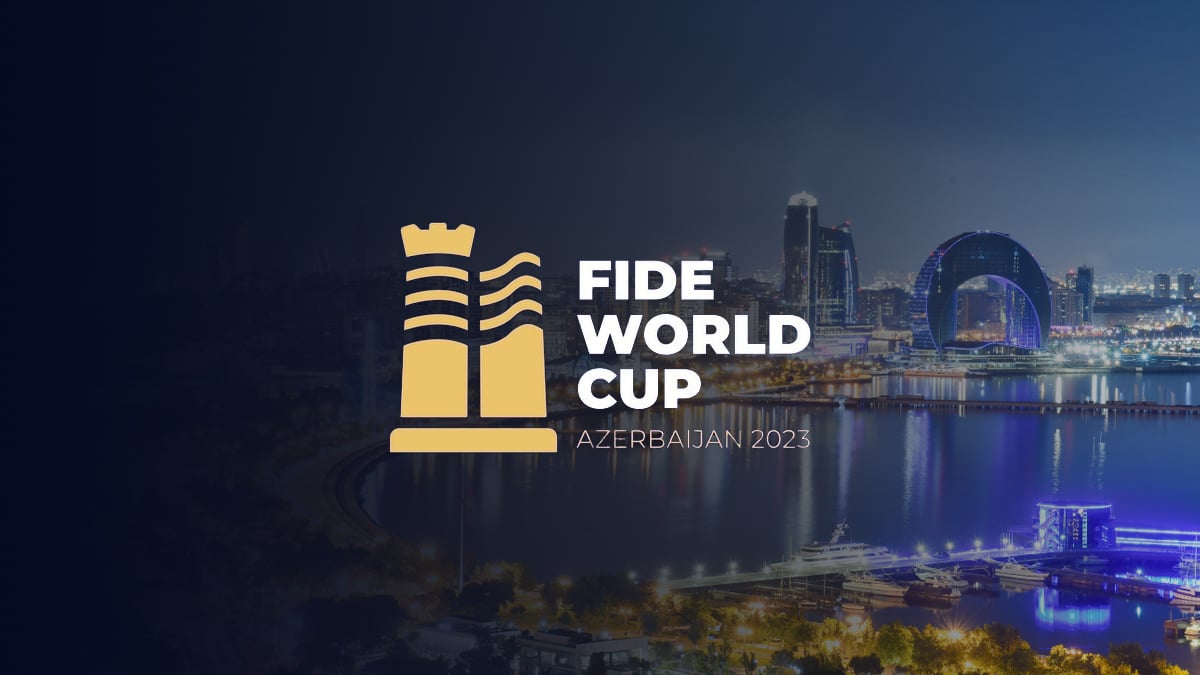
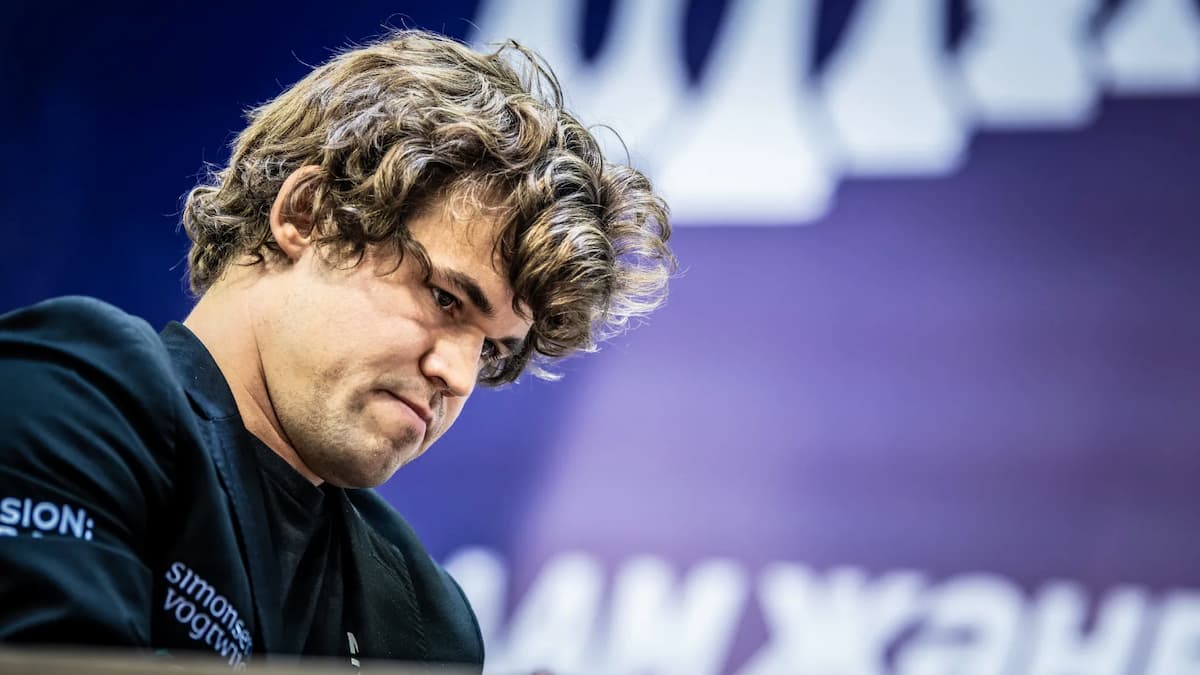
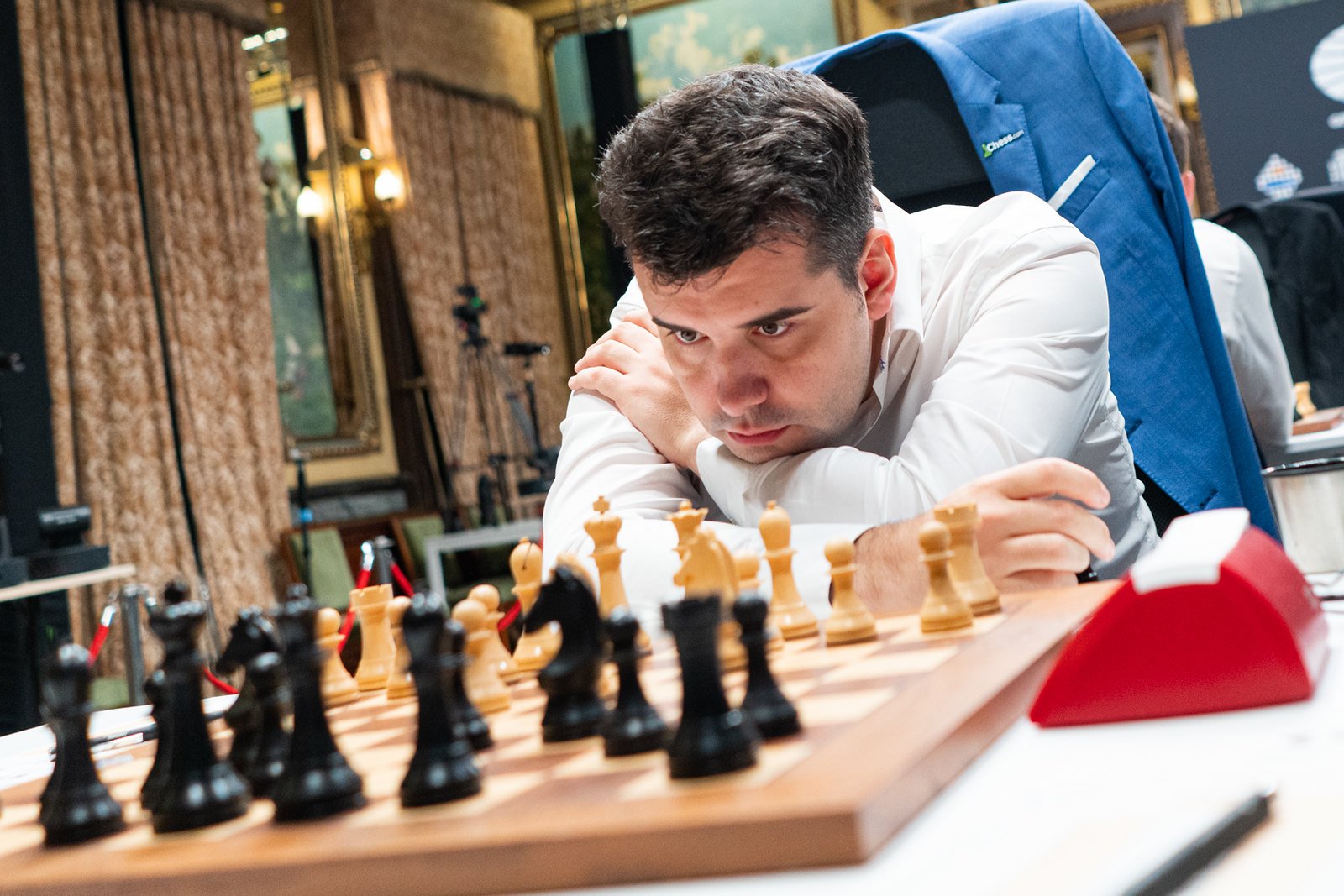
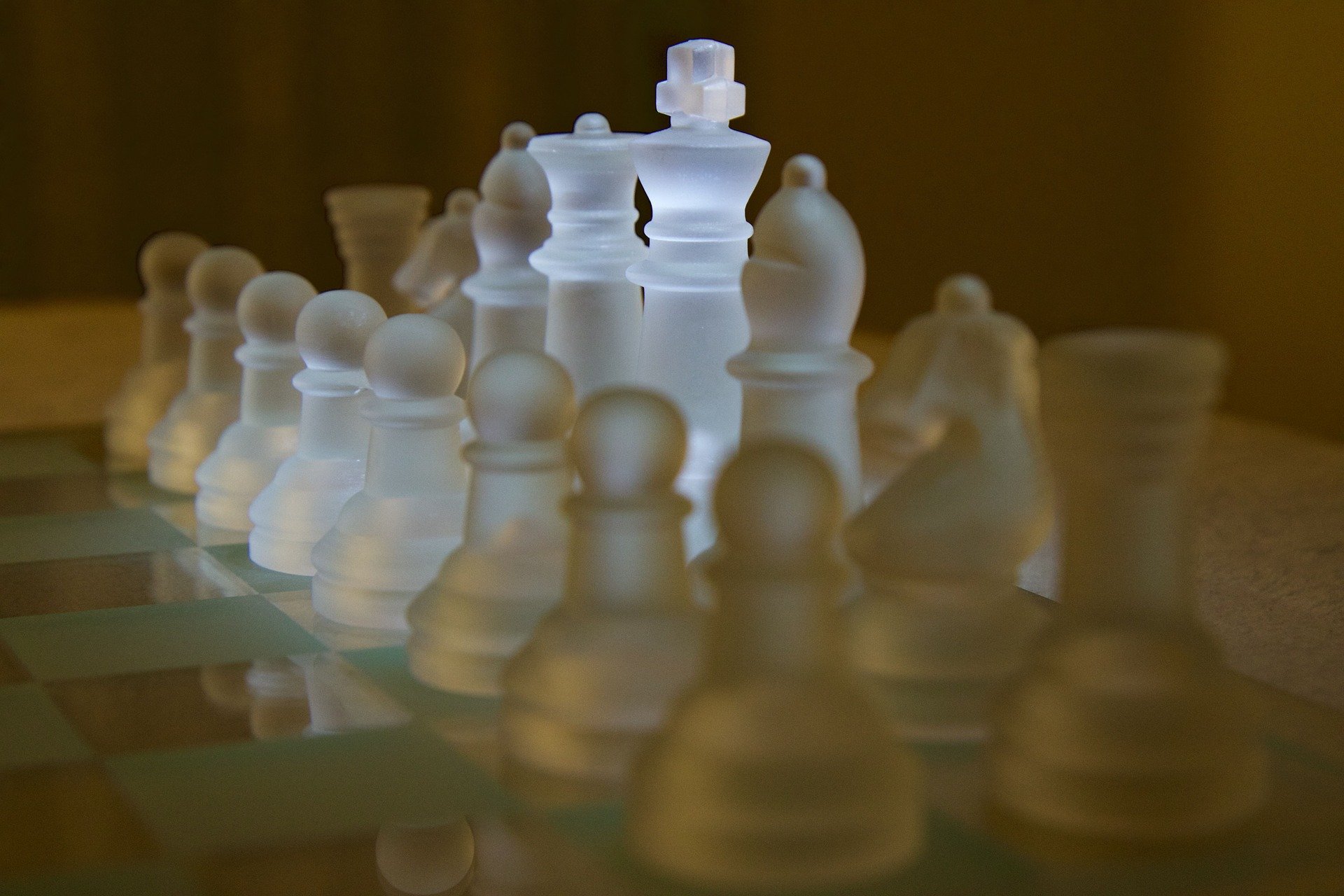
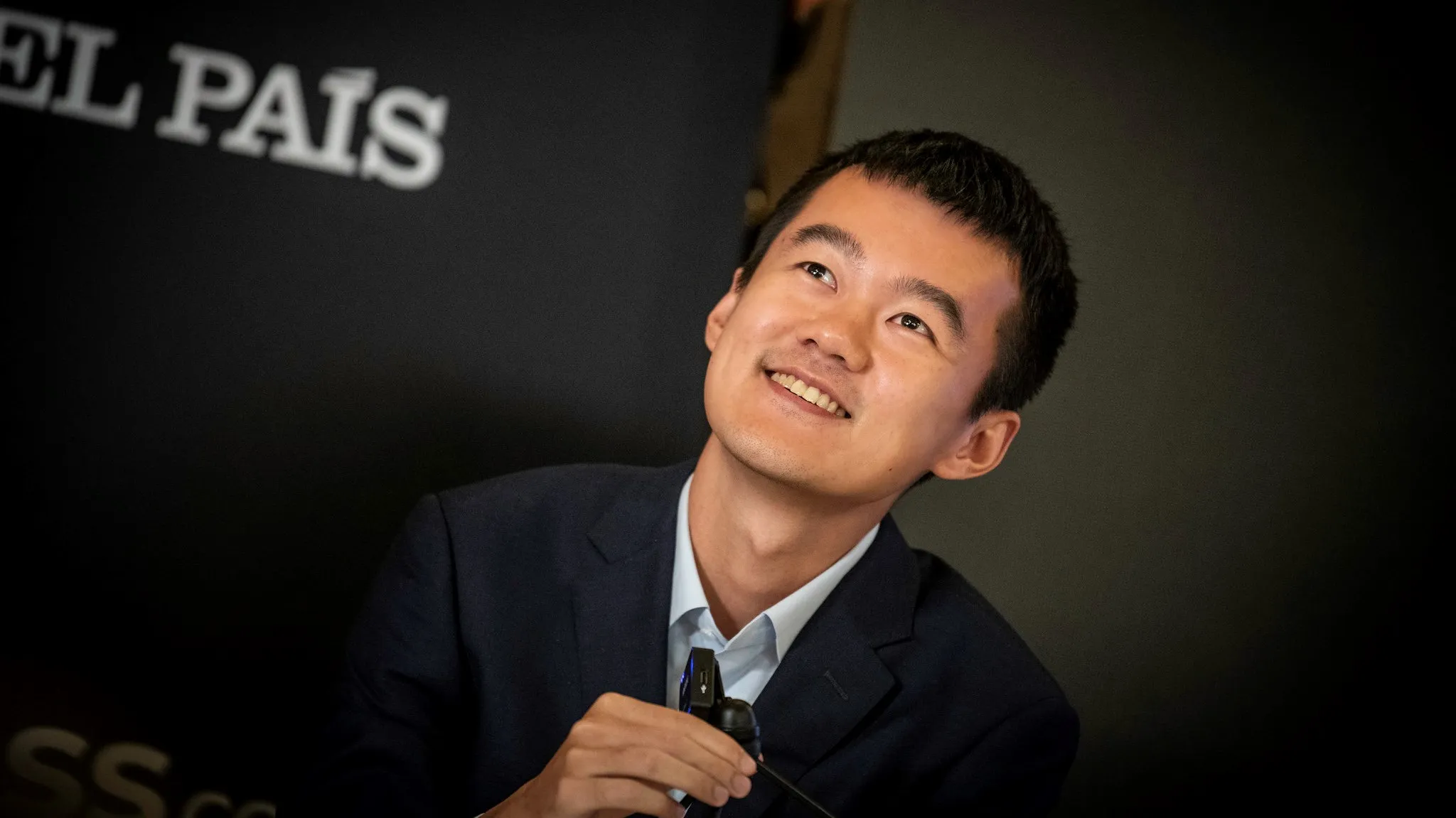
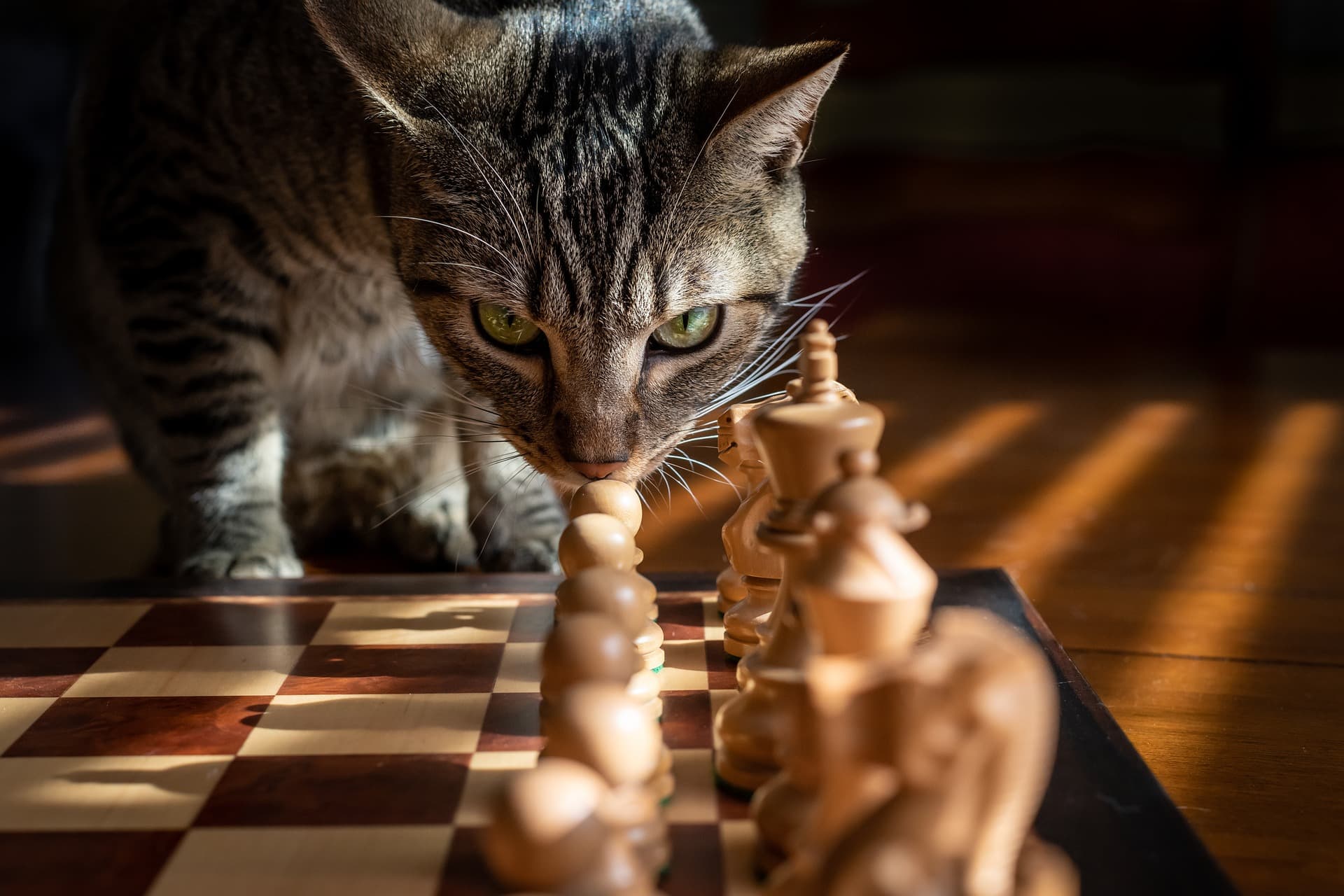
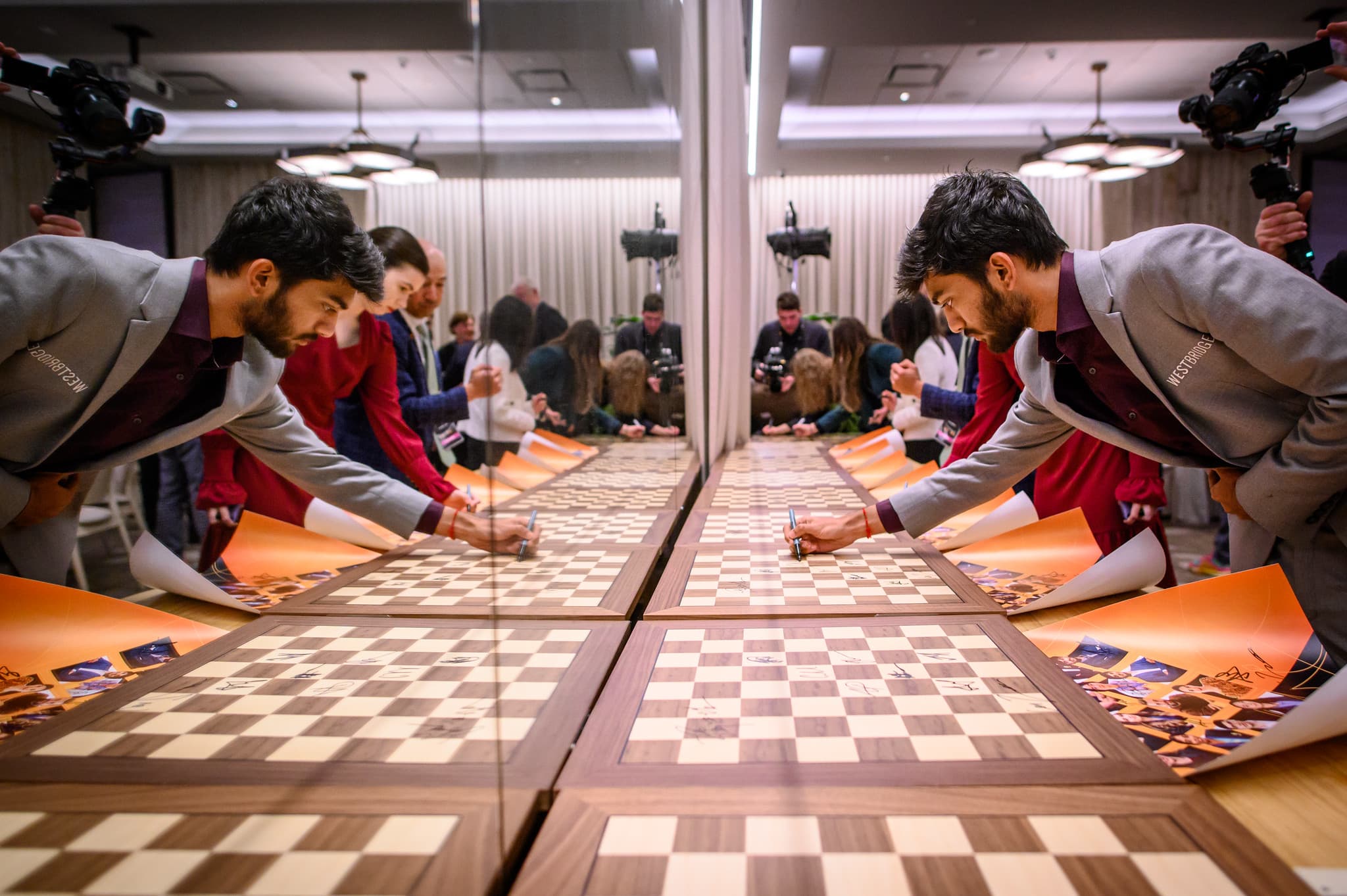
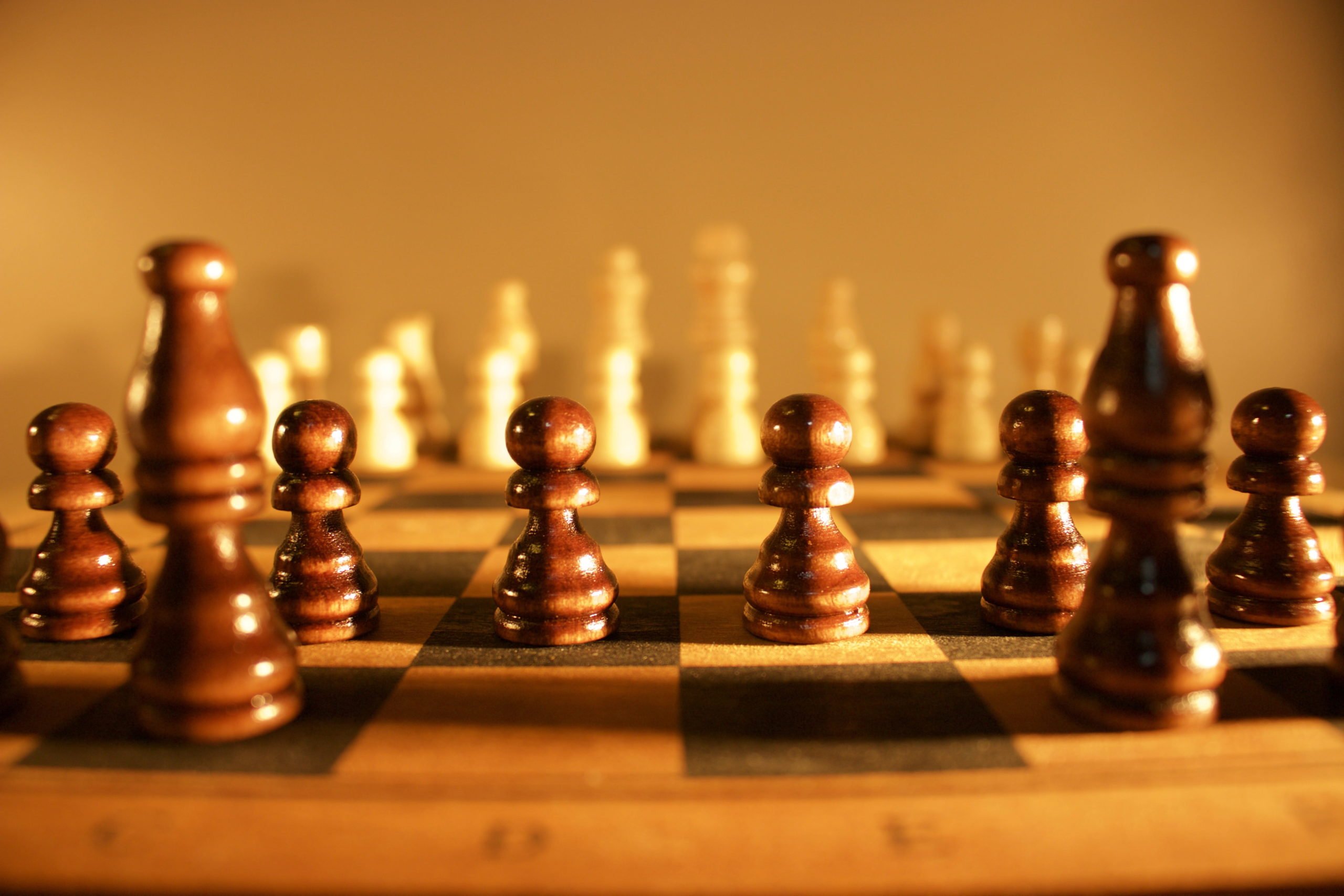
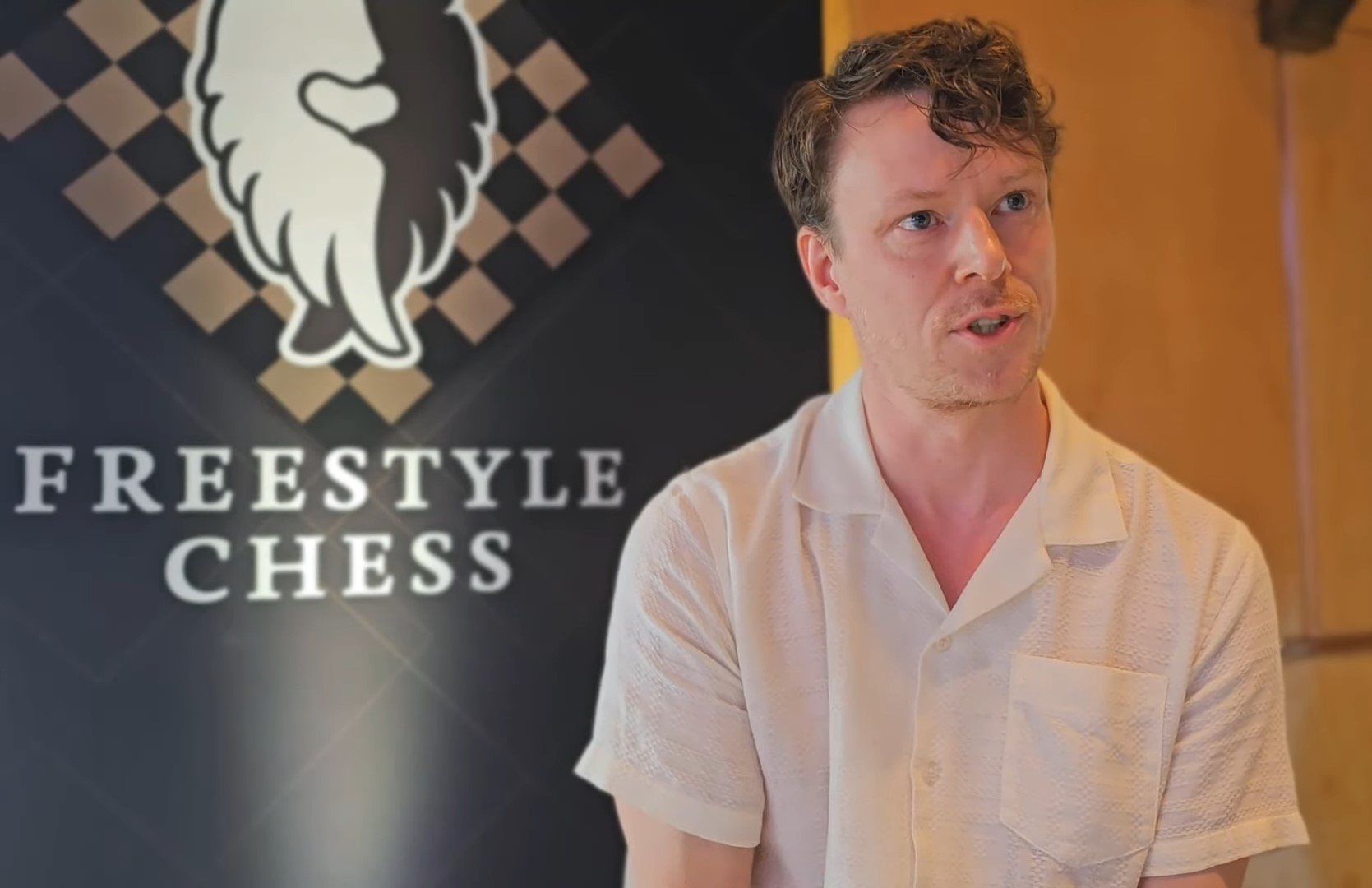

Published: Aug 24, 2023 08:17 am